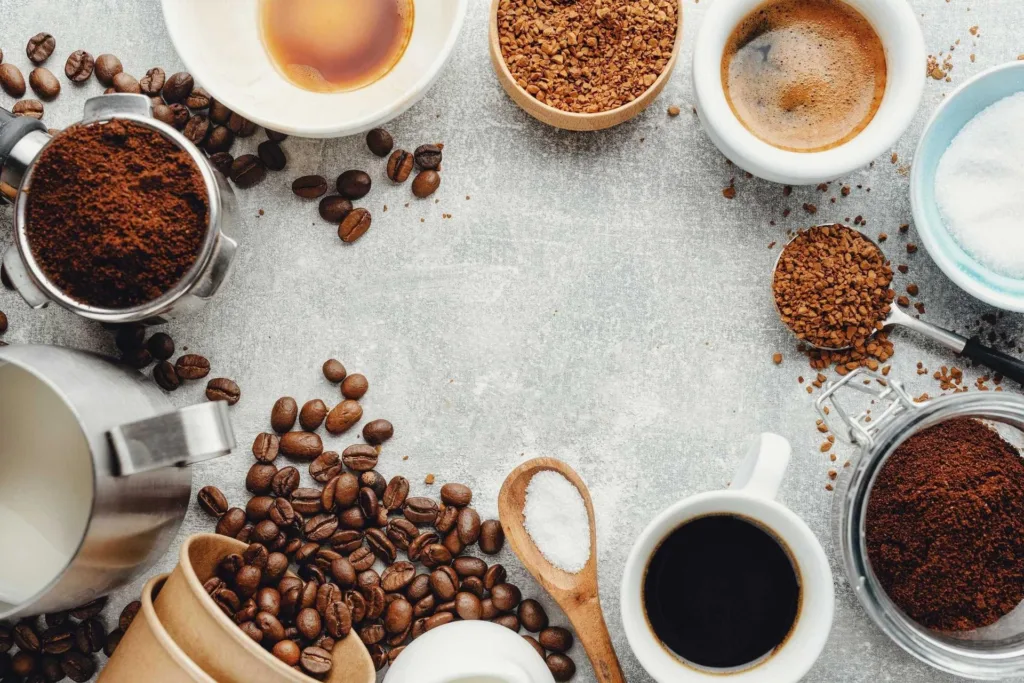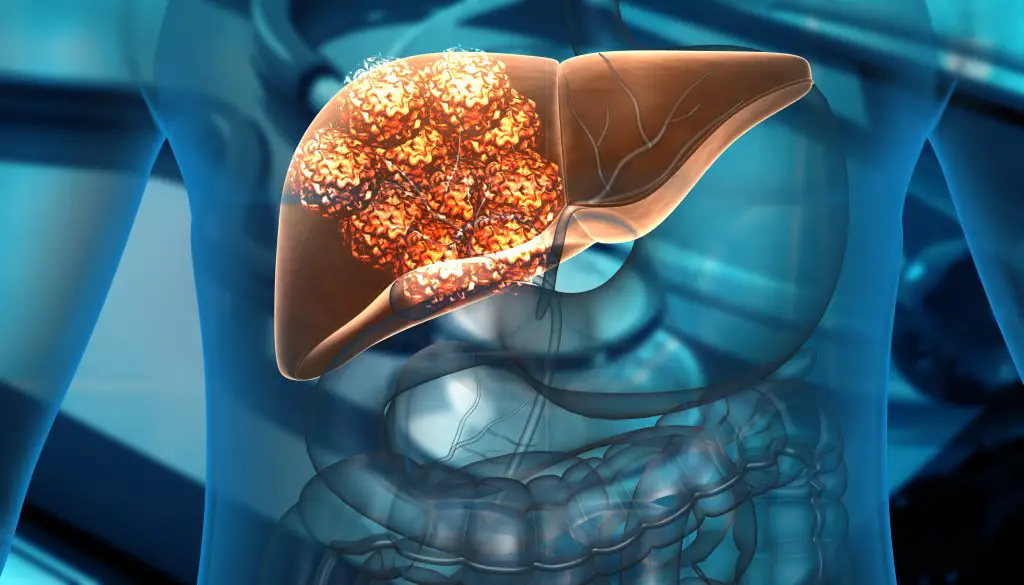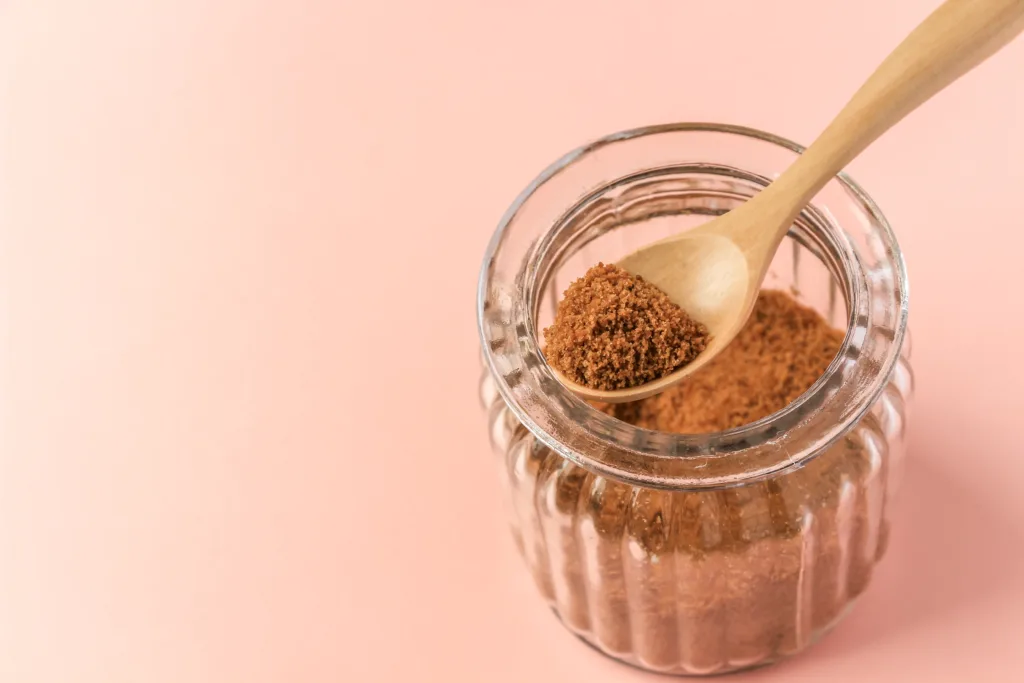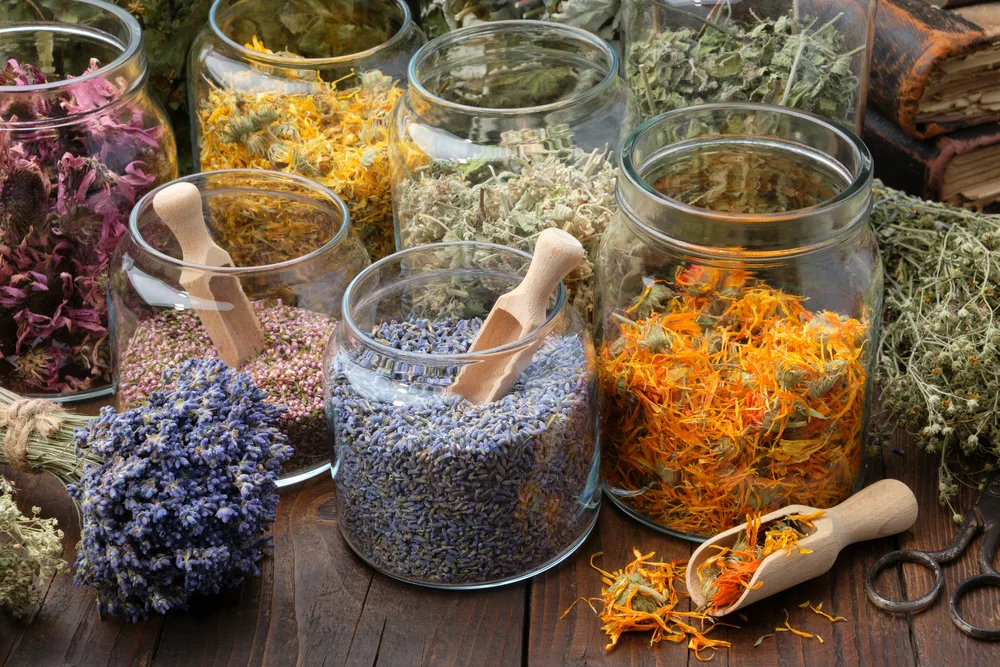Table of Contents
TRANSCRIPT
Did you know that there is the worst ingredient harmful to your gut? Let’s discover how severely this ingredient impacts your gut health and learn some helpful tips to avoid it completely.
The Worst Daily Ingredient for Your Gut and 8 Easy Ways to Totally Avoid It
A healthy gut is mainly based on the health of your digestive tract microbes or gut microbiome. Many experts believe that these bacteria hold the key to good gut and overall health. A bacterial imbalance, especially in your colon, may also increase the risk of chronic diseases, metabolic syndrome, and cancer.
The balance and diversity of gut microbes closely depend on what you eat. In this video, we will discuss an ingredient contributing to a long list of the worst foods for gut health. This ingredient can change and harm the balance of bacteria in your gut, potentially increasing the risk of colon cancer.
Let’s discover how severely this ingredient impacts your gut health and learn some helpful tips to avoid it completely.
How does this ingredient impact your gut microbiome and cause colon cancer?
Like all living things, bacteria require a food source. Unfortunately, some bacteria, especially more harmful ones, thrive too well on one food ingredient, causing microbiome imbalance and many health problems. More concerning, cancer cells thrive well on this food ingredient.
Studies on mouse models indicated that if this bacterial imbalance continues, chronic diseases can develop. These diseases could be inflammatory bowel disease (IBD), rheumatoid arthritis, metabolic diseases like diabetes, and even cancer.
Now, the food ingredient contributing to all these issues is sugar. While it may taste sweet in your mouth, it’s actually bitter to your gut. Symptoms of a disrupted gut are noticed when you eat too much sugar, including bloating, stomach pain, unexplained diarrhea, or unusual constipation. Researchers are still studying how much dietary sugar can lead to gut disruption.
The effects of sugar on your gut microbiome imbalance can be quite dire. Emerging evidence is revealing how bad bacteria thrive on sugar, breaking the delicate microbiome balance.
Leaky gut
Simply put, when harmful bacteria like fecal microbes multiply, they can easily move into and penetrate your intestinal wall. They can then pass through the gut tissue or make a hole in your intestinal lining, entering the bloodstream and releasing toxins. This is called leaky gut, the root cause of intestinal inflammation and colon cancer.
SIBO
Another gut syndrome on the increase due to sugar is SIBO or small intestinal bacterial overgrowth. In this case, bacteria in the large intestine over-multiply and migrate to the small intestine, causing bloating, abdominal discomfort, and diarrhea.
Colon cancer
It is also becoming increasingly clear that sugar can increase your risk of CRC or colorectal cancer. This cancer affects the large intestine and part of the rectum. It’s the third most common cancer in the world and the second leading cause of death from cancer.
More specifically, sugar-sweetened beverages (or SSB) increase the risk of dying from colon cancer. SSB is also linked with a higher risk of cancer returning after surgery or chemotherapy.
Now, we know that eating too much sugar is a perfect storm for your gut. But cutting sugar out of your diet is tough because today’s diets are full of processed carbs like high fructose corn syrups and low in fiber.
So, we’re going to share 8 easy ways to help you completely avoid sugar and its harmful gut effects. By following these tips, you will slowly cut down your sugar intake, and soon, you’ll see positive changes in your gut health.
8 simple ways to completely eliminate sugar
1. Get to know the good and bad sugar
Before eliminating sugar, remember that your body still needs carbs to work properly. Sugar is also a type of carbs, and it comes in many forms.
Natural sugars from whole foods like fruits are good for your gut, as these foods also come with gut-friendly fiber, vitamins, and many antioxidants. Plus, the sugar in natural foods comes in more manageable quantities.
Sugar alcohols, often used as food additives or sugar substitutes, like erythritol or sorbitol, can also be beneficial for your gut.
However, added sugars should be avoided by all means. The tricky part is, these sugars can be hidden under over 50 different names. A tip to spot them is to look for ingredient names ending in “ose”, like sucrose, fructose, lactose, glucose, maltose, and dextrose.
Many people are aware of other sugary bombs, especially high-fructose corn syrup in processed foods and concentrated fruit juices. But there are other sugary scoundrels to keep an eye out for while shopping. They are inverted sugar, cane crystals, brown sugar, barley malt, brown rice syrup, malt syrup, maple syrup, and molasses.
And note that natural sweeteners are still considered added sugar. They are honey, corn sweetener, fruit juice concentrates, fruit nectars (such as agave nectar), sugar beets, coconut sugar, malt sugar, cane juice, and cane sugar like Florida crystals and panocho.
Read more: Is Brown Sugar Healthy? Calories, Nutrition, And More
2. Avoid low-fat foods
Some people think low-fat foods are good. However, they may not keep you feeling full for long because fat is high in calories that provide energy. Also, low-fat foods often contain high amounts of sugar to make up for the satisfying creamy texture that fat gives.
On the other hand, full-fat foods contain more protein and amino acids, which provide better satiety.
Among fats, unsaturated fats are the best choices for better satiety and health. You can find them in full-fat dairy products, dark chocolate, nuts and seeds, extra virgin olive oil, avocado and its oil, butter, ghee, and omega-3 oils from fatty fish.
Read more: Blast Away Belly Fat: Tips for a Slimmer You
3. Reduce processed foods
Here is a simple rule to keep in mind: The more processed a food is, the more likely it damages your gut due to added sugar. About 74% of food in the US is heavily processed and contains added sugars.
So, home cooking is a key to preventing gut damage. The first step is to avoid buying refined wheat foods such as white bread, white rice, pasta, and cereals. Instead, switch to whole foods such as beans, legumes, lentils, vegetables, and fruits.
Read more: Ten Worst Foods for Prostate Health and Foods You Should Add to Diet
4. Avoid ‘sugar-free’ products
Any food shouting “sugar-free” or “diet” could be a trap. These “honey traps” often contain artificial sweeteners like aspartame, sucralose, and saccharin.
Studies suggest that artificial sweeteners trigger appetite and food cravings, leading to weight gain and upsetting your gut microbiomes. More concerning, artificial sweeteners are linked with an increased risk of type 2 diabetes, heart issues, and cancer.
5. Eat more protein
Protein stays in your stomach longer than sugar, keeping you feeling full for a longer time. This helps prevent food cravings or the desire to eat sugary snacks.
It’s best to start your day with a high-protein breakfast. Instead of cereal and bread, opt for eggs or lean, grass-fed meats such as turkey, chicken, and ground beef. These foods will keep you full until noon.
For vegetarians, fruits, steel-cut oats, or buckwheat spinach pancakes are also healthy breakfast options.
Read more: Chicken Proteins: Which Part of the Bird Is Best for You?
6. Opt for healthy snacks
Sugar cravings may make you want to grab something sweet by 3 or 4 pm. Instead of going straight for cookies and cupcakes, we have some better options for you.
70% cacao dark chocolate or snack bars can easily beat off sugar cravings. For the snack bars that are healthy, choose ones made from oats, dates, and nuts without added sugar.
It’s also fast and easy to make a smoothie sweetened with fruits like berries and dates. If you want more simple options, boiled eggs and whole fruits are good bets.
Read more: Don’t Miss Out on These 30 Healthy Snacks for Weight Loss
7. Try probiotic and prebiotic foods
Eat more prebiotic and probiotic foods to protect your gut and reduce sugar cravings. Probiotics are good bacteria found in fermented foods or supplements, while prebiotics are foods that nourish these good bacteria. Prebiotics mainly come from fiber, which we can’t digest, but our good bacteria thrive on it.
The daily recommended intake of fiber is 25 to 30 grams for adults. Some great prebiotic fiber foods are mushrooms, garlic, onions, leeks, and all types of legumes. For breakfast, try whole oats, bananas, or watermelon. Less common prebiotic options are artichokes, dandelion greens, and seaweed.
- Related video: Is Kefir Good for Upset Stomach? Tips and Precautions
When it comes to probiotics, common Western options include yogurt, blue cheese, apple cider vinegar, and sauerkraut. You can also explore Asian or other ethnic supermarkets for kefir, kombucha, kimchi, miso, natto, or tempeh.
Note that some probiotics may not work well or contain unnecessary ingredients due to processing. For example, canned pickles have no live bacteria. So, it’s best to try simple homemade recipes. But if you’re short on time, opt for refrigerated fermented foods with live bacteria, and always check for sugar content.
8. Get quality sleep
Low-quality sleep is well known to cause an increase in food cravings and snacking, especially high-energy foods with added sugars.
To have a better sleep, avoid caffeinated beverages after 4 pm and eat a light dinner so your stomach can relax.
Read more: Mental Exercises for Sleep | How to Relax Your Mind and More
Conclusion
In short, research on the gut microbiome reveals a close link between sugar and chronic diseases, cancers, and metabolic syndromes. Keeping a healthy balance of friendly gut bacteria is key to improving gut and overall health, and it starts by eating less sugar.
Cutting out sugar isn’t simple, but small daily changes can help. First, recognize sugar in its various forms and choose healthy snacks. Opt for high-protein and filling foods over low-fat options. Include more fermented and fiber-rich foods in your diet to improve microbiome diversity. Also, ensure you’re getting enough sleep.
Start changing your eating habits today, and get back control of your digestive tract to achieve optimal gut health.
Summary
The article discusses how sugar can harm gut health, leading to imbalances in gut bacteria and increasing the risk of conditions like colon cancer. It offers eight tips to eliminate sugar from the diet, emphasizing the importance of choosing healthy sugars, avoiding low-fat foods, reducing processed food intake, and incorporating probiotic-rich foods for optimal gut health.
- 25 High-Fiber Foods To Keep You Healthy, Happy and Full
- How To Calm Anxiety in 30 Ways for Quick
- Pomegranate 101: An Ancient Superfood With Mystique

















Comments
0